What is Single Song Mastering?
Quick Answer
Song Mastering is the process of preparing a song for commercial distribution, while focusing on what makes a song sonically unique, instead of mastering it in the context of a full album. Single song mastering requires an engineer to approach a track differently than a typical mastering session.
What is Song Mastering in Detail
Single song mastering is a difficult but rewarding part of the production process. Whenever an artist, producer, or manager is looking for a mastering engineer, they’ll start by sending just one song.

Mastering just one song changes the mastering process.
This song serves as a test to the engineer - if this first master goes well, then mastering the entire EP or album may be in that engineer's future. If it doesn’t go well, then the artist will most likely be looking for a different engineer or studio.
With that in mind, mastering a song correctly, and putting the entirety of one’s effort into mastering that single song is paramount.
This can be a bit difficult though, as having only the one song to master can put an engineer at a slight disadvantage. When mastering a song in the context of a full album, an engineer can get a sense of an artist’s influences , and how all of the sonic characteristics of the songs play into one another.
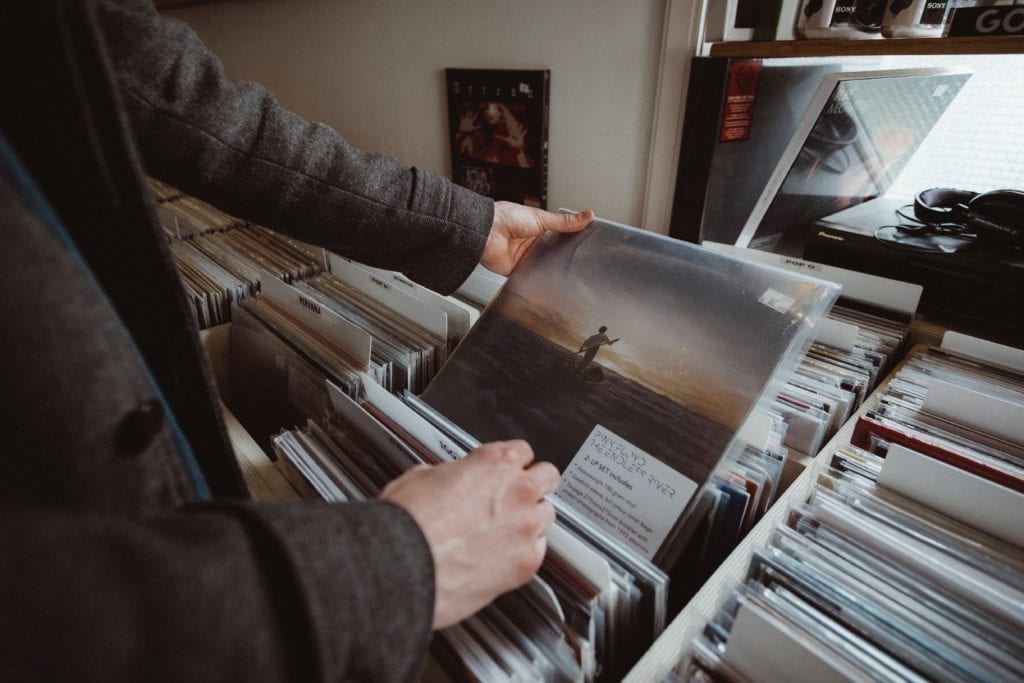
When mastering a single, an engineer only has that single and other references to determine how to best master that track.
But when mastering only a single song, an engineer will need to understand an artist’s influences, the genre of the song, and the subsequent mastering process using the limited information at hand.
Conversely, mastering a single song does give an engineer a bit more freedom due to the same reasons that make it more difficult. Because a single song gives an engineer little context, an engineer is freer to explore with various forms of processing and to create something more unique.

Mastering a single often gives a mastering engineer a bit more creative freedom due to the lack of context an album would provide.
Let’s cover single song mastering in more detail as we discuss the history of single song mastering, how mastering only one song affects the mastering process in specific ways, and how you can master a single song using other singles as reference.
But first, if you have a single you need mastered, you can send it to us here:
We’ll master your single for you using solely analog equipment, and then send you a sample for you to review.
The History of the Single
When recordings were first being made and commercially distributed, all songs were in a way “singles.” The reason being, the technical limitations of the time did not allow for a full-length format; as a result, all releases were single releases.
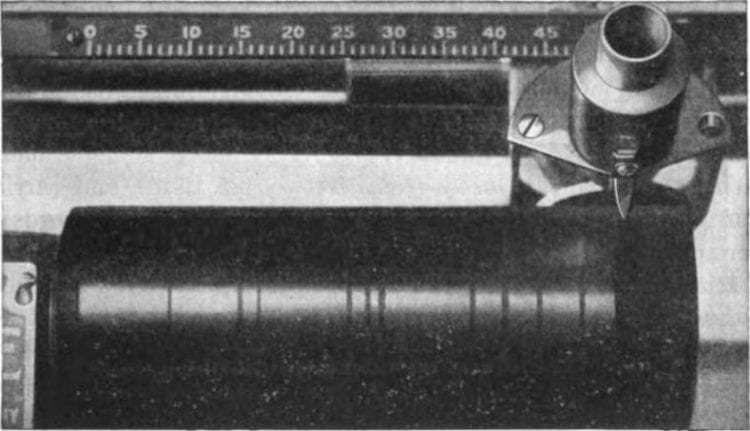
In the initial stages of recording, all releases were single releases.
The LP, of course, changed this and created the divide between single releases and album releases . Typically speaking, singles were and continue to be a means of promotion, often released prior to a full album.
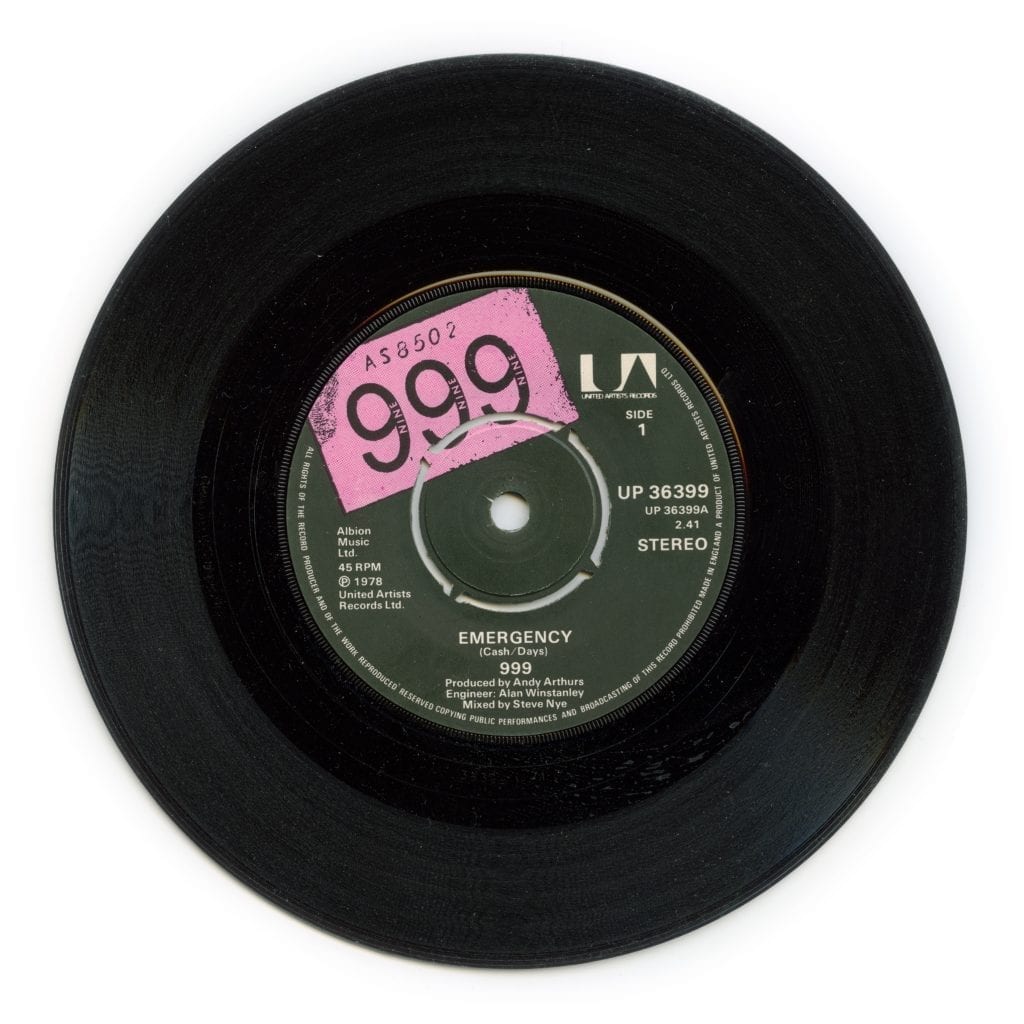
Singles started as a way to promote music.
But in the era of streaming, singles are becoming more important in and of themselves, meaning they are no longer meant to promote an album, but rather intended as a stand-alone release.

In the era of streaming, more and more, singles are becoming the primary way artists release their music.
For mastering engineers, this means that singles, and knowing how to master them, is more important than ever.
How Do Singles Sound Different Than Album Versions?
Singles are often mastered slightly louder than their album counterparts. The reason being, singles recorded onto 45s were often the discs sent to radio DJs.
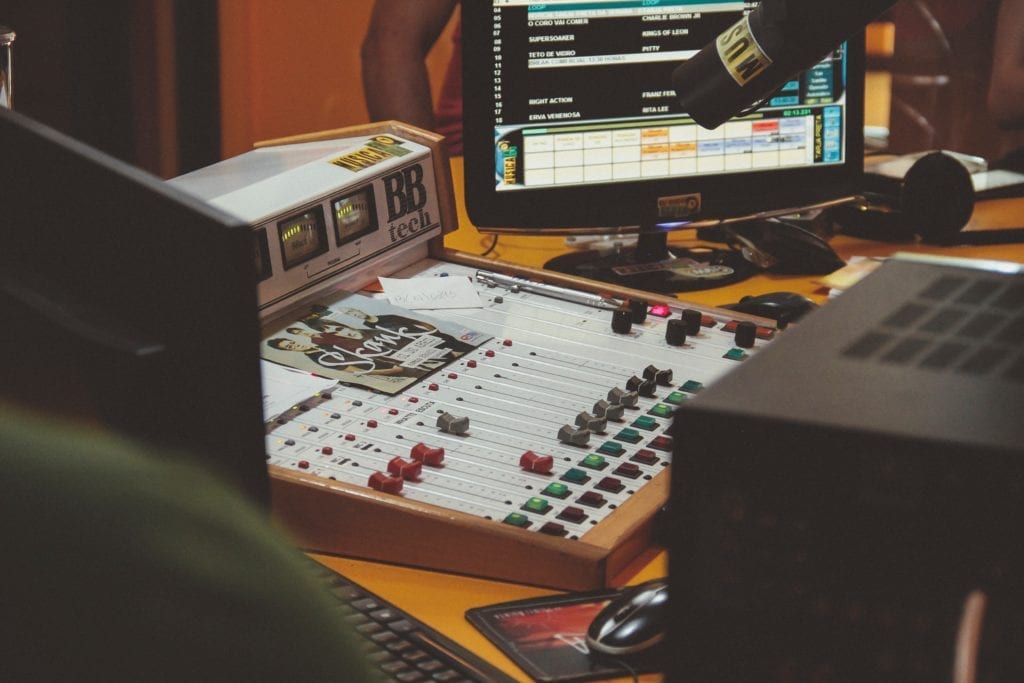
Singles were first utilized at radio stations.
Because the single was primarily intended for promotion and radio air time, it would often be mastered louder to compete with other singles playing on that same station. The idea being, ‘if our single is louder it will sound better and result in greater record sales.’
Although this process has changed, the mentality has remained more or less the same - that being, ‘if our single is louder, it will perform better with audiences.’
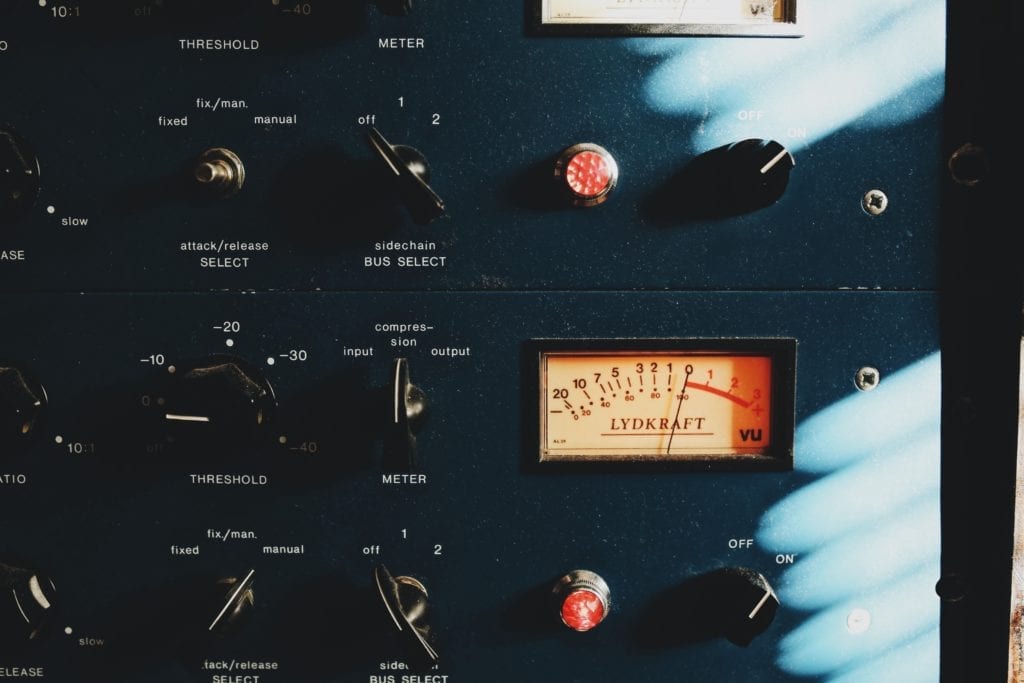
Singles are often mastered louder than their album counterparts.
Whether or not you agree with this sentiment, the fact remains that singles are often mastered louder than album versions. This often means greater amounts of compression and limiting, while amplifying frequencies that cause the single to be perceived as louder.
Although this doesn’t necessarily result in a better sounding master, it does nonetheless differentiate the sound of a single from the sound of the rest of an album. In fact, if you compare the single version of one of your favorite songs, with the album version, you’re sure to find a difference in the perceived loudnesses.
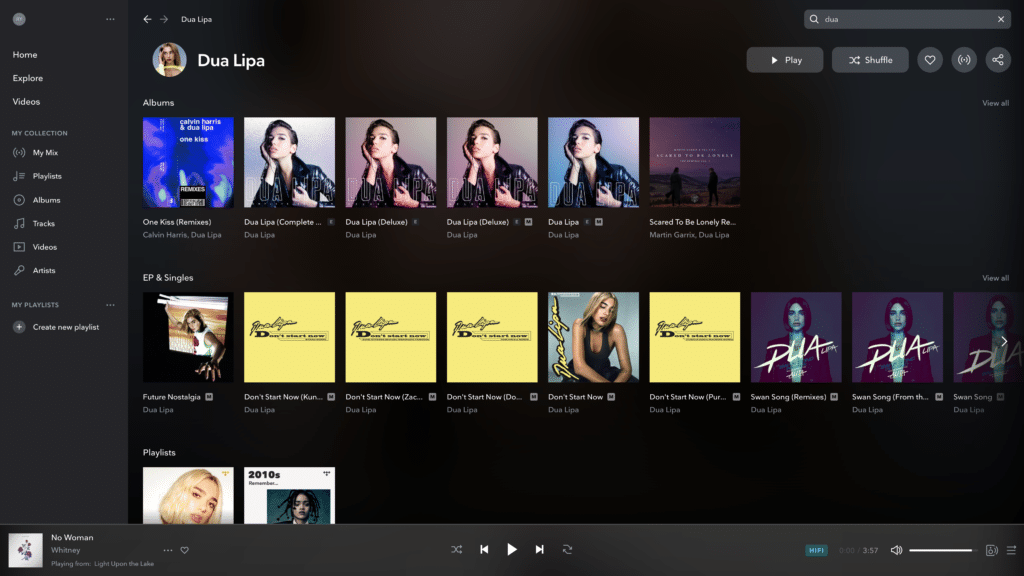
You can often hear the difference between a single version and the album version.
(If you intend to do this comparison via a streaming service like Spotify, be sure to turn off Loudness Normalization in your settings section first).
If you’d like to learn more about loudness, especially in the context of mastering, check out our blog post on the topic:
In it, you’ll find a lot of great information on how loudness plays a role in the mastering process.
How Does Single Song Mastering Affect the Mastering Process?
As stated previous, mastering a song outside the context of a full album certainly changes an engineer’s interpretation of it.
For example, say you were to master a ballad in an album of heavy rock songs. If you were to master the ballad as a single, and you had no clue that the band created heavier music the majority of the time, you’d certainly master the track with a different mentality.

Mastering a single means not knowing how it may eventually be sequenced in an album. This no doubt affects how the single is mastered.
Perhaps you’d master it quieter, with an emphasis on dynamics and transient retention, or maybe you’d narrow the stereo image slightly to make it sound a little smaller or cozier. Whatever the case, the odds are you’d master it differently as a single than if it was sequenced between two heavy rock tracks.

If a ballad was sequenced between two rock songs, you'd most likely master it differently than if it stood alone.
This is primarily because when mastering an album, you need to think about how songs transition into one another. You don’t want one song sounding intense, upfront, and wide only to have the following track sound smaller, laid-back and narrow.
In short, an album needs to have a sense of consistency - this same consistency, however, isn’t needed when mastering a single. The only thing a single can be compared to is itself and other singles out currently.

Albums need to have a sense of consistency. This will changes how songs on the album are mastered.
That being said, mastering a single will often cause a mastering engineer to do a fair amount of referencing. In order to understand how a single needs to sound, a mastering engineer will often look to other singles of the same or similar artists to uncover what will work best for this particular song.
Although the processing will remain the same in regards to what is used, i.e. equalization, compression, limiting and so on - how these forms of processing are used can vary slightly.
Considering a single song may be mastered louder so as to stay competitive with other singles, compression may be used to a greater extent. Even if the genre does not call for a louder master , the fact that it is a single will often take precedence.
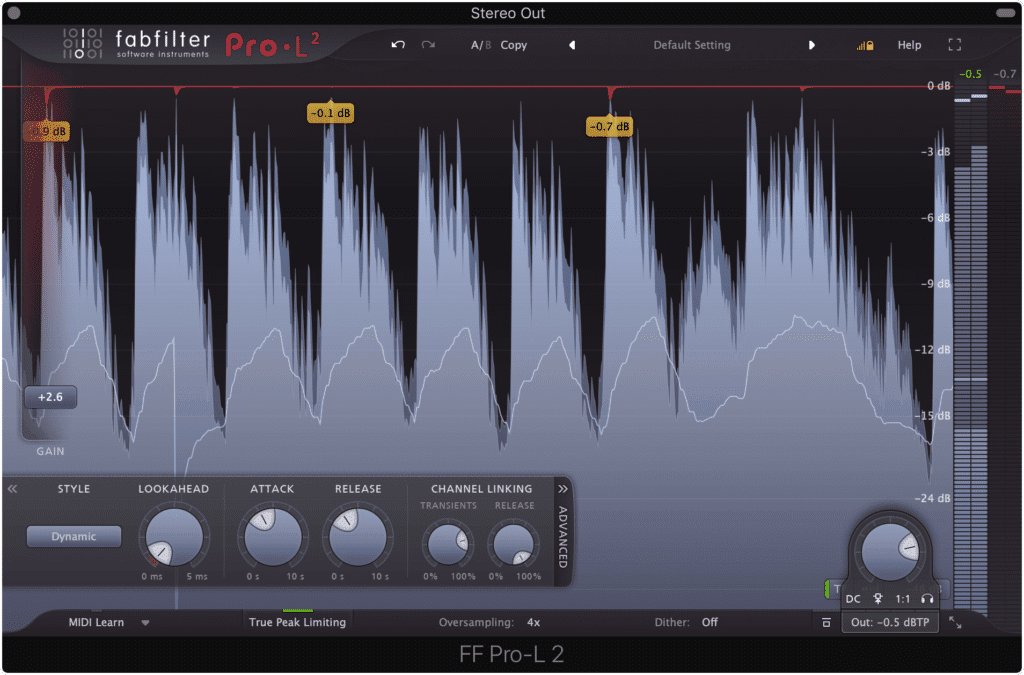
Mastering a single louder may mean using additional limiting.
Additionally, more excessive limiting will be used to create a louder single.
So just to recap a single is mastered differently because:
- It isn’t compared to or made to conform to other songs on an album
- Historically Single Versions are Louder then Album Versions
- A mastering engineer has less context when mastering a single
If you have a single that you’d like mastered, you can send it to us here:
We’ll master it for you and send you a free mastered sample for you to review.
The Adverse Effect of Single Song Mastering
As mentioned previously, oftentimes singles are mastered louder than album versions. This may create a discrepancy between an album version and single version.

The practice of mastering singles differently than their album versions can have a negative effect on the album as a whole.
But what’s worse is when a louder single master results in a full album being mastered louder. For example, when testing the loudness differences between the album and single versions, many singles are the same loudness as the album version, despite the single being released earlier and for promotional purposes.
This may suggest that the artist or label wanted the album to contain the same single master - and subsequently, the rest of the album had to be mastered similarly for continuity’s sake.
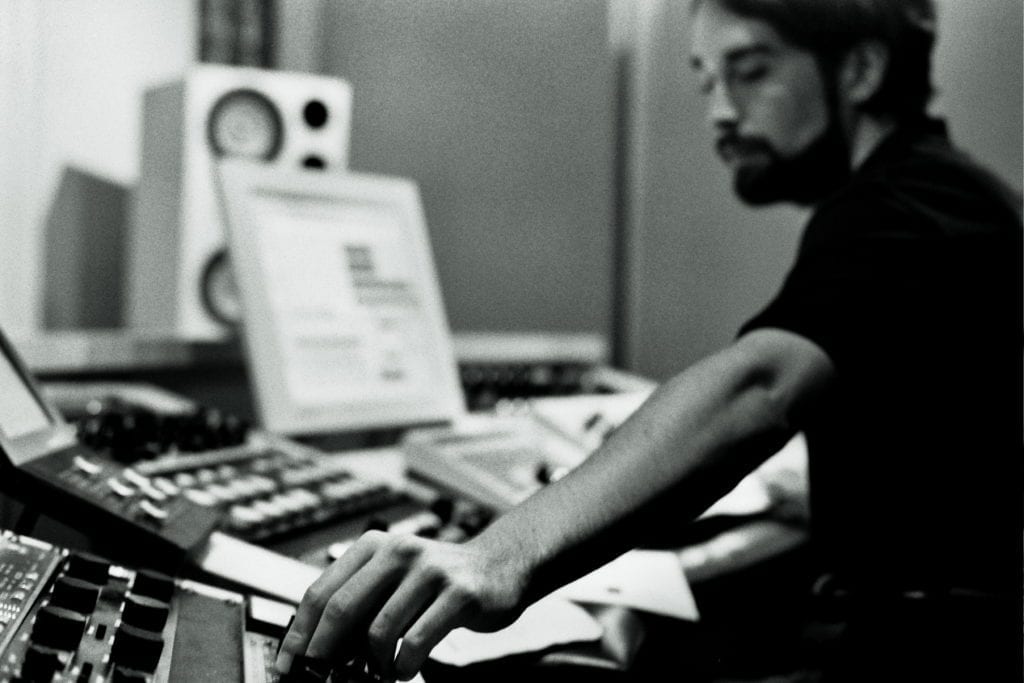
If a single's master gets chosen to be on an album, a mastering engineer will need to model that album around the already mastered single.
We found a couple of examples of this - scenarios in which a single was mastered incredibly loud and then placed on an album. As a result, the rest of the album was mastered to this same loudness.
Of course, this doesn’t need to be the case as there is no reason a single needs to be significantly louder than a typical master, but it does happen nonetheless.
Other than loudness, if a single has any other negative aspect to it, say an excessively wide stereo image, and is chosen to be on the final album, this means that the final album will need to match the single.
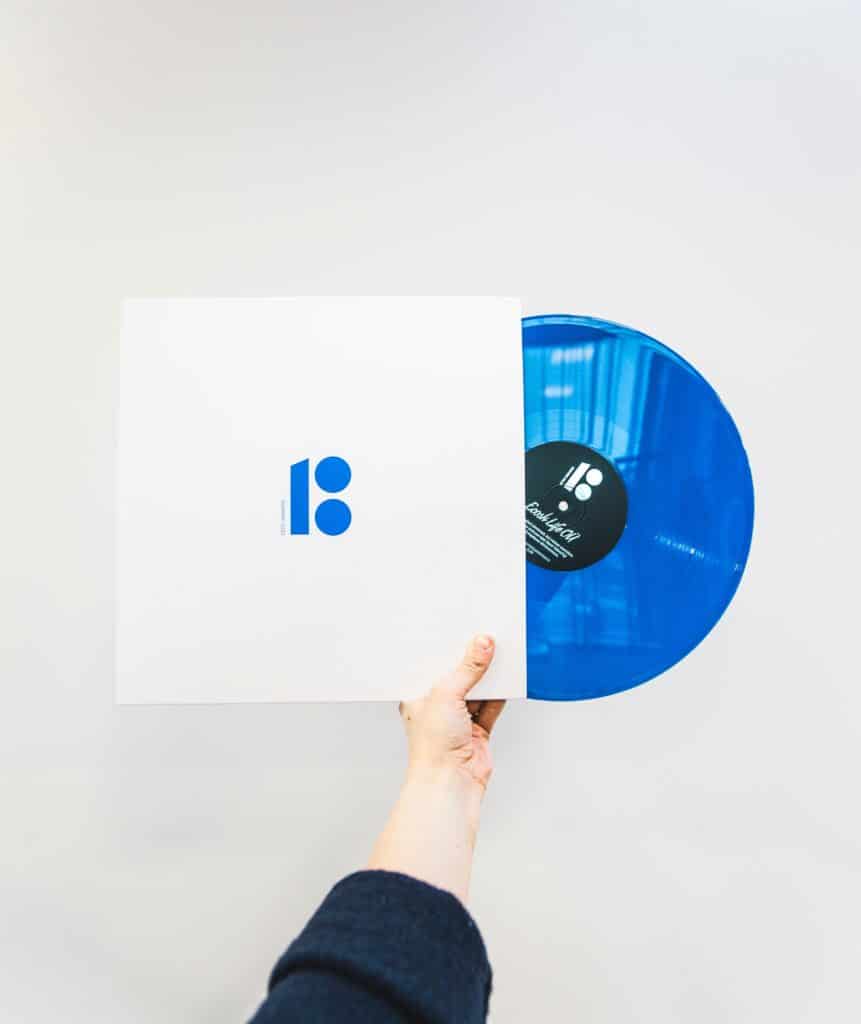
The sound of the final album needs to match the sound of the single.
With that in mind, a single master has the power to affect the mastering process of an entire album, sometimes to the album’s detriment. This is why many mastering engineers imagine how a single would fit into an album , and attempt to master it to the best of their ability.
If a single sounds great and is chosen to be the version distributed on an album, then the rest of the album will need to match the quality of the single.
Why Single Song Mastering is Often More Expensive
As you may have noticed, when having a single song mastered, the cost per track is higher than for a full album.

Single song mastering is often more expensive per song than album mastering.
This is because the time it takes to master a single song often takes up a good portion of mastering an album. Essentially, the first song of an album, or in this case the single, is often used for determining the settings used for the rest of the album.
In other words, a single song often serves as the basis for the remainder of a mastering session. In this first master, an engineer establishes which forms of processing will be used, and to what extent.
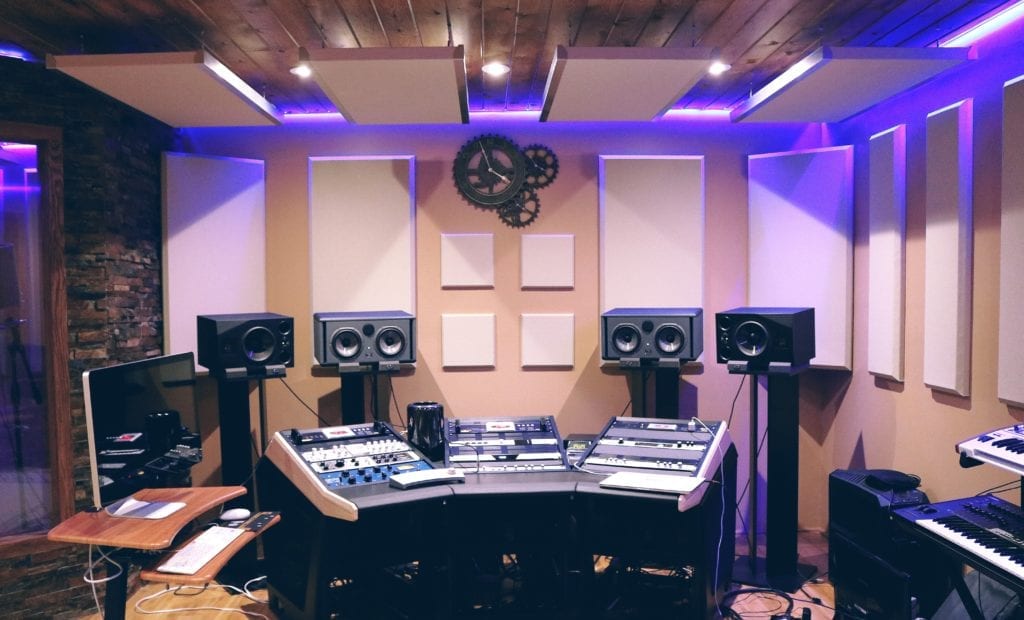
The first song mastered on an album often takes the longest, as it establishes which processing will be used.
Of course, this processing will change slightly from song to song, but the initial setup often takes a fair amount of time when compared to mastering the remainder of the album.
With that in mind, mastering engineers will often charge more per track for a single, than for an album. In other words, the more songs you have mastered in a single project , the less per track that mastering service will cost.
If you’d like to learn more about mastering in general, check out our blog post that covers mastering in great detail:
This article extensive covers what is used when mastering, the purpose of mastering, and how you can become a mastering engineer.
Why Get a Single Mastered?
At this point, it may be clear why getting a single mastered is such an important step before releasing a song. But just in case it’s needed, let’s cover the reasons why having a single mastered is a good idea.
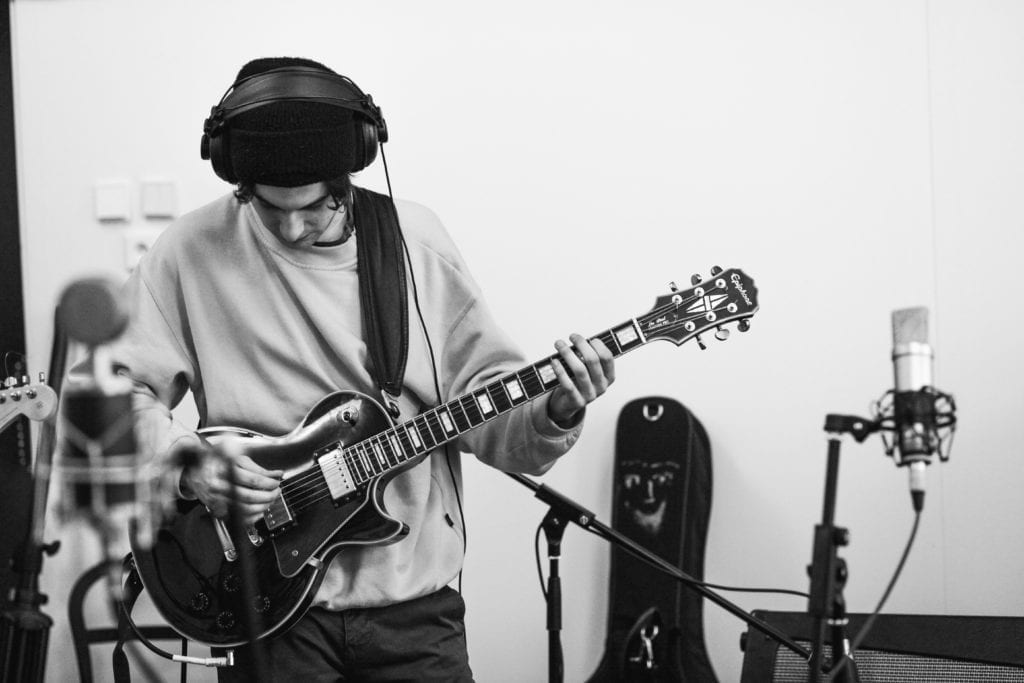
If you're releasing a single, it's a good idea to have it mastered first.
The primary reason is that mastering makes a single commercially competitive. As stated before, a single is often used as a promotional tool.
A single may be a way to introduce a new artist, promote an album, or simply help an artist retain their fanbase’s attention between full-length projects.

A single needs to make a good impression since it is often used as a promotion of some sort.
Whatever a single is being used for, having it mastered and mastered well is critical to its success. If a single, or any music recording is released without being mastered first, the odds of it having commercial success are slim to none.
If a single is released without being mastered, it may be interpreted as sounding unprofessional, or simply less enjoyable when compared to other singles.

If your single isn't mastered or mastered well, it may sound unprofessional when compared to properly mastered singles.
With that in mind, it is paramount that a single be mastered prior to its release.
Furthermore, if a single is meant to be a precursor to an album or EP, then that single needs to be an example of how that album will sound. As stated before, a single has the power to shape the sound of an entire record - if the single doesn’t sound finished, then how will that influence the album?
So to recap, here are the reasons to get your single mastered:
- The single will not sound finished otherwise
- The single is used as promotion, meaning it needs to reflect an artist well
- A single can affect how an album inevitably sounds, I.e. if the single doesn’t sound great, it can negatively impact the quality of the album
If you’d like to learn more about why mastering is needed, check out one of our blog posts on the topic:
It details why mastering is needed prior to distribution.
The Future of Single Song Mastering
In many ways, the process of mastering singles will remain similar to what it is like now. But an increased emphasis on single releases will most likely impact how they are mastered.
Because singles are mastered outside of the context of an album, mastering only one track for an artist at a given time may make singles mastered more creatively.
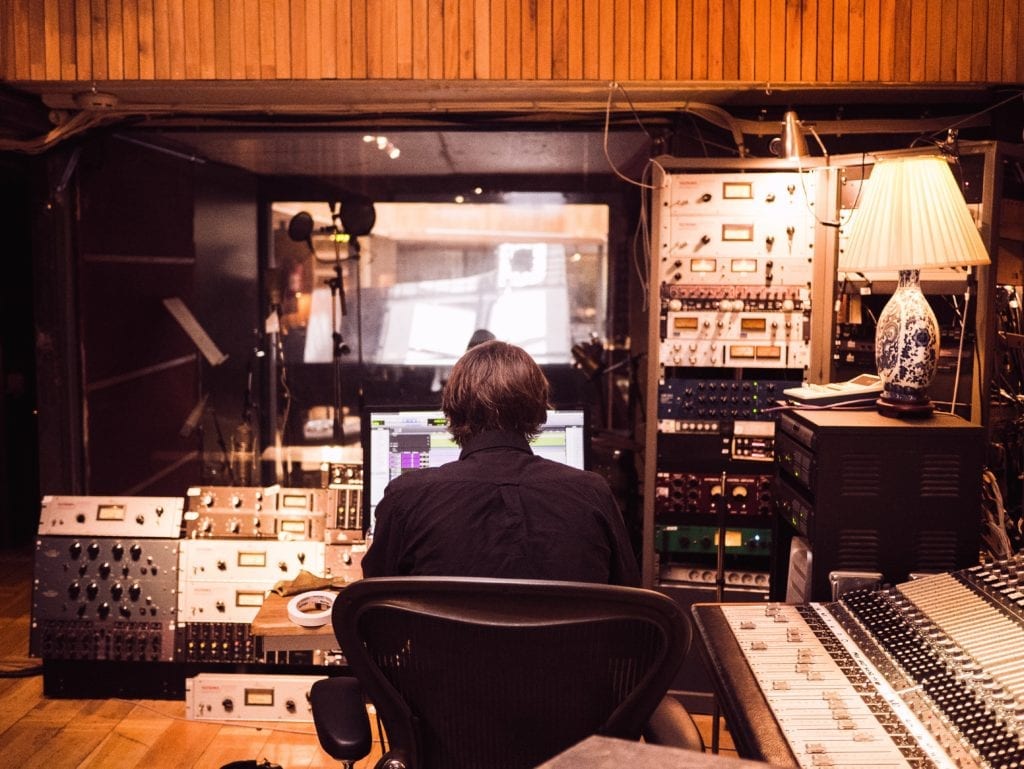
Mastering more singles may mean being able to master more creatively.
In other words, singles may soon start to change how songs are mastered by relieving a mastering engineer of both context and the need to fit a song into a framework with other songs. Granted, other singles of a similar genre will still be referenced, but allowing a song to start alone may result in more unorthodox processing.
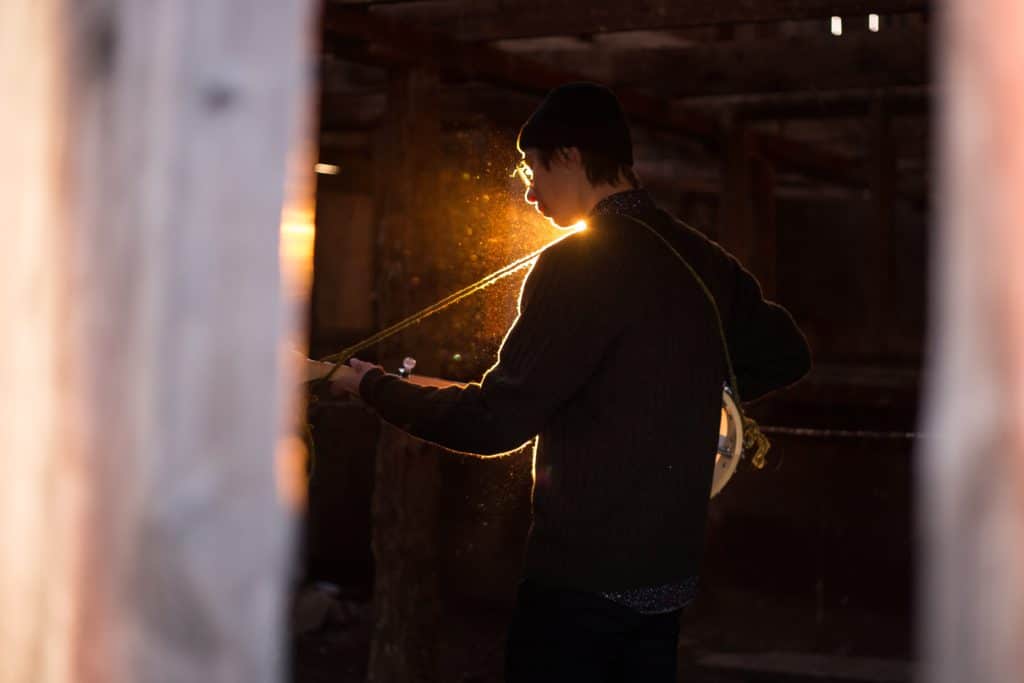
Focusing on singles instead of albums may cause artists to take greater chances, and to spend more time perfecting the sound of one song.
Additionally, artists may soon feel this same freedom, as they experience the ability to create singles that no longer need to fit within the framework of a full album. As a result, this may lead to greater experimentation, in turn affecting the sonic characteristics of their recordings, and inevitably the mastering process.
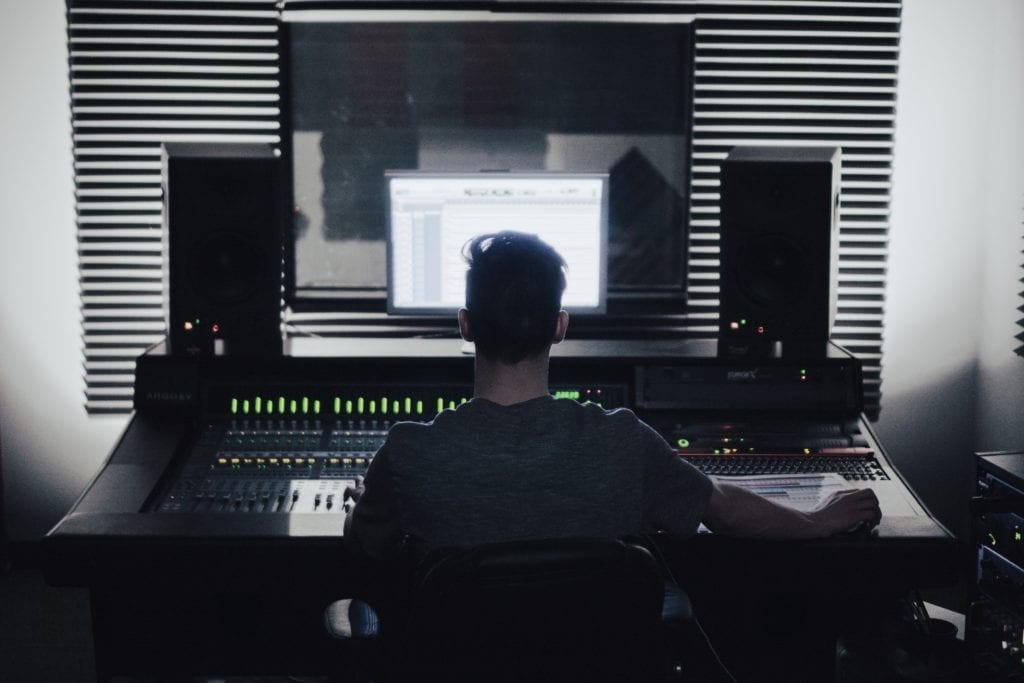
Mastering engineers will need to think of new ways of keeping singles competitive if greater loudness isn't an option.
Lastly, mastering engineers will soon need to think of new and creative ways for singles to start apart from other singles. Because loudness normalization is affecting how loud a single is made , engineers will need to look toward new and innovative techniques and forms of processing if they intend for their masters to stick out.
All-in-all single song mastering and its increasing popularity have the potential to change both music and the mastering process. We’ll have to see how this aspect of mastering progresses over the next decade to fully understand the importance and the impact of the increased popularity of single releases.
Conclusion
Single song releases have always shaped the mastering process. What began as a means of radio promotion has shifted into the primary means by which artists are releasing their music.
Mastering engineers have had to adapt to the change formats and practices, but the general idea has remained the same - create something that sounds as good as possible and outcompetes other singles currently being released.

Singles always need to outcompete other singles in some way. This puts an added importance on all production elements - mastering included.
This notion will continue in the future, but with loudness normalization and the increased popularity of single releases, the means by which to do so will have to change.
Mastering engineers will need to find ways of making the singles they master sound better than others, without resorting to unnecessary and excessive loudness levels.
If you have a single you need mastered send it to us here:
We’ll master it for you and send you a sample of your master for free.
Have you ever mastered a single or released one?




